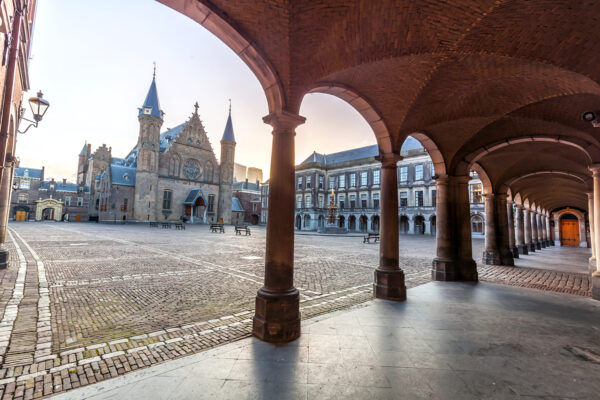
The Dutch government has extended support for companies and self-employed workers struggling as a result of COVID-19 until July 2021, although some policies are becoming less generous.
The thinking, reports the national broadcaster NOS, is that firms shouldn’t be subsidized if they aren’t viable long term and workers in sectors with job losses should be coaxed into reskilling.
The measures will cost almost €39 billion this year. The Dutch economy is projected to shrink 6.4 percent.
Rescue programs
Four in ten businesses have tapped into rescue programs, which help pay for salaries and other expenses.
- Until October 1, the government will pay up to 90 percent of wages in companies with a revenue loss of 20 percent or more. The share will gradually fall to 60 percent in July for companies with a revenue loss of at least 30 percent.
- Companies that receive support will be allowed to fire workers (banned so far), but they are still barred from giving bonuses to executives or paying dividends to shareholders.
- Self-employed workers will receive lower subsidies if they have savings or own stock.
- Businesses can get half their rent and utilities paid by the government, with a maximum of €90,000 per firm, up from €50,000.
Investments
Salary support is projected to cost €5.4 billion. Without it, unemployment, now 4.5 percent, could reach 6.5 percent.
Paying half the rent and utilities of companies is budgeted at €2 billion.
In addition to support for individual businesses, the government is investing €20 billion in the economy, including nearly half a billion euros for companies and organizations in the arts and entertainment, which have seen production fall by a third, and €19 million for public radio and television.
No more austerity
In a reversal from the last economic crisis, when the center-right Mark Rutte was also prime minister, the government is not cutting spending, necessitating €68 billion in borrowing, equivalent to 8.7 percent of GDP.
This after the government posted a €14 billion surplus in 2019.
Debt as a share of GDP will rise from 49 to 63 percent.
There is little support, even in Rutte’s fiscally conservative party, for more austerity.
